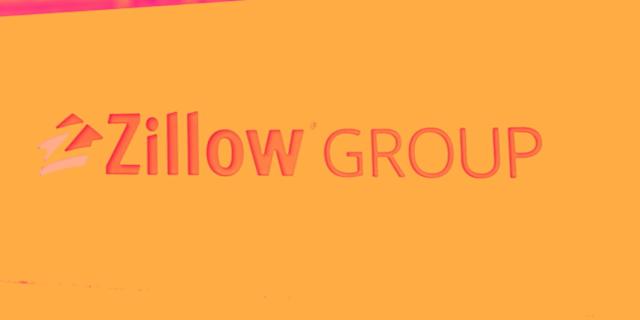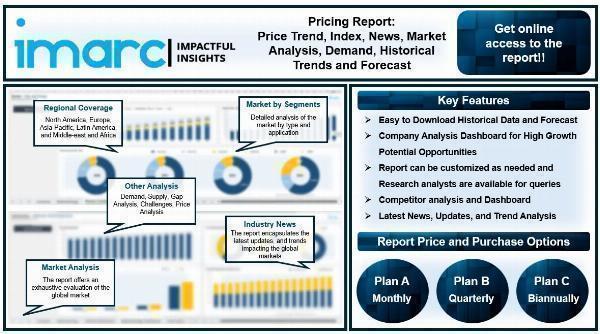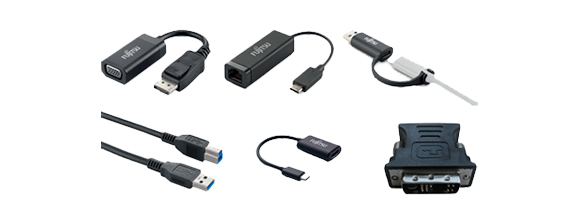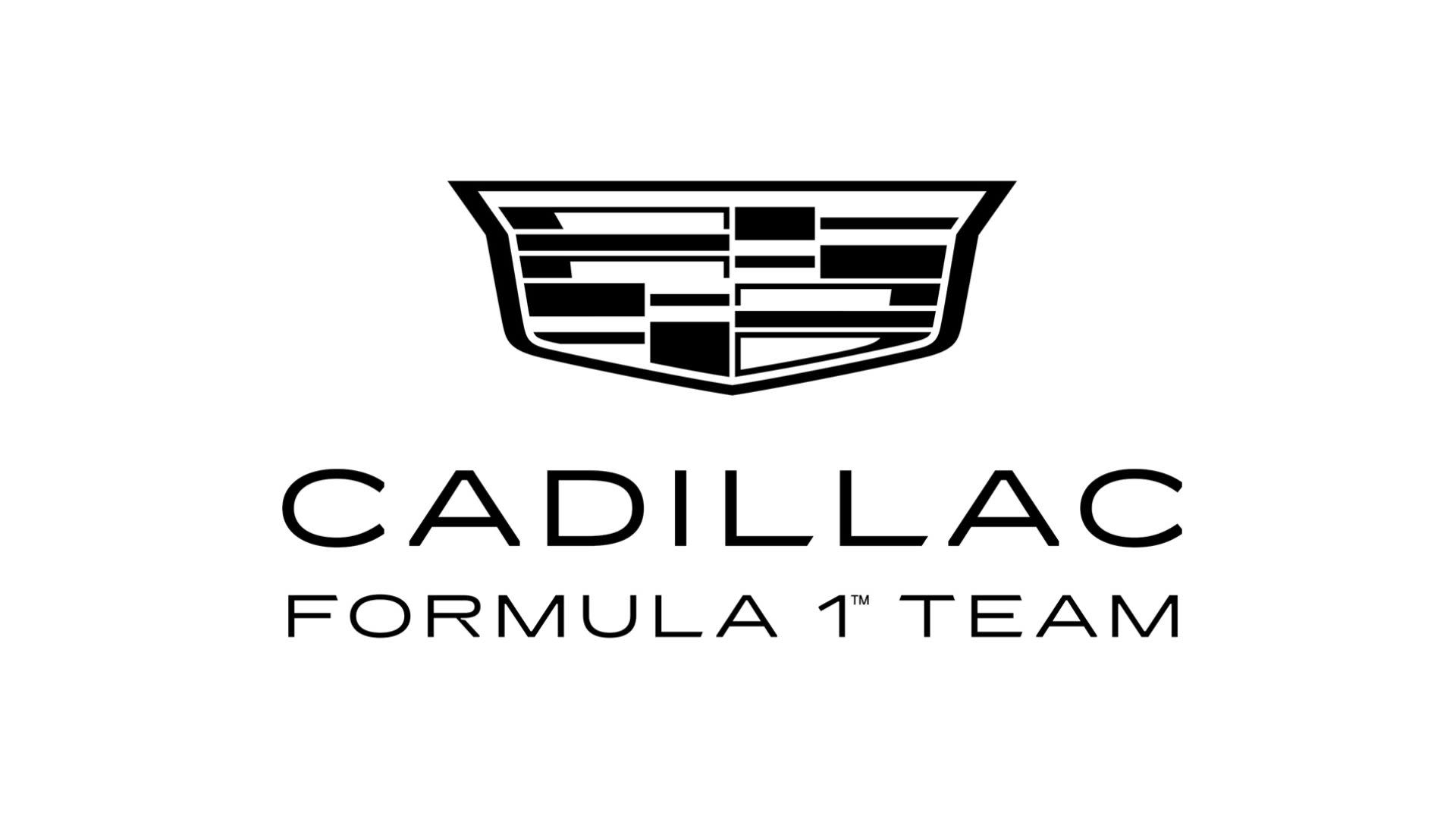Avoid These Cash-Rich Companies: Better Investment Alternatives for Investors

Generating cash is a crucial aspect of any business's success, but not all cash-rich companies make for great investments. Some produce a lot of cash but fail to allocate it effectively, leading to missed opportunities. At StockStory, we aim to identify the companies with real upside potential. With that in mind, here are three cash-producing companies to steer clear of and a few better alternatives. First up is Zillow (NASDAQ: ZG), the leading U.S. online real estate marketplace founded by Expedia co-founders Lloyd Frink and Rich Barton. Despite generating a trailing 12-month free cash flow margin of 13.5%, Zillow has several red flags that make it a poor investment. Annual revenue declines of 7.6% over the last five years indicate problems with its market positioning, while historical operating margin losses point to an inefficient cost structure. Shrinking returns on capital from an already weak position reveal that neither previous nor ongoing investments are yielding the desired results. Zillow is currently trading at $67.15 per share, or 35.2x forward P/E. Our free in-depth research report provides more insight into why ZG doesn't pass our bar. Next is Teladoc Health (NYSE: TDOC), a telemedicine platform that facilitates remote doctor's visits, founded to help people in rural areas get online medical consultations. Despite generating a trailing 12-month free cash flow margin of 11.3%, TDOC has several concerns that make it a risky investment. Muted 6% annual revenue growth over the last three years shows its demand lagged behind its consumer internet peers, while the decision to emphasize platform growth over monetization has contributed to 5.3% annual declines in its average revenue per user. Forecasted revenue decline of 1.3% for the upcoming 12 months implies demand will fall off a cliff. TDOC trades at $7.10 per share, or 4.1x forward EV/EBITDA. Our free research report provides more insight into why there are better opportunities than TDOC. Finally, there's GoodRx (NASDAQ: GDRX), a digital platform that helps consumers find lower prices on prescription medications through price comparison tools and discount codes. Started in 2011 to tackle the problem of high prescription drug costs in America, GDRX generates a trailing 12-month free cash flow margin of 18.8%. However, it has several issues that make it a poor investment. 3% annual revenue growth over the last two years was slower than its healthcare peers, while its revenue base of $797.4 million puts it at a disadvantage compared to larger competitors exhibiting economies of scale. Push for growth has led to negative returns on capital, signaling value destruction. GDRX's stock price of $4.39 implies a valuation ratio of 10.3x forward P/E. Our free research report provides more insight into why you should think twice about including GDRX in your portfolio, it’s free.
Seize alternative investment opportunities beyond the horizon of cash-rich corporations to achieve superior returns and diversify risks efficiently for astute investors, as highlighted by 'Avoid These Cash Rich Companies: Better Investment Alternatives'.
This article's cautionary tale on avoiding cash-rich companies, coupled with suggestions for more savvy investment alternatives that cater to informed investors seeking growth potential beyond static capital gains is a valuable contributor in the field of finance.
By steering clear of these cash-rich companies and seeking out investing alternatives that offer genuine growth potential, investors can achieve superior returns while mitigating risk.
Rather than chase returns with cash-rich companies that could hold onto profits without reinvesting, investors would be wiser to diversify into growth opportunities in lesser known but promising startups or sectors.














